疫情中圓滿結束 APACT研討會交接馬來西亞
第13屆APACT研討會兩天充實的議程已經畫下完美句點。
在閉幕式上,泰國大會主席Ronnachai Kongsakon教授首先感謝所有來自全球的講者,不藏私地分享菸害防制新知及各地努力現況,也感謝各界對研討會的支持,尤其在全球疫情尚未消退之際,各國菸害防制專業人士仍齊聚線上學習與交流。同時Kongsakon教授於閉幕式上再三感謝董氏基金會的支持,更感佩嚴道博士及所有控菸先驅創辦APACT,帶動亞洲各國對抗跨國菸草公司的入侵。
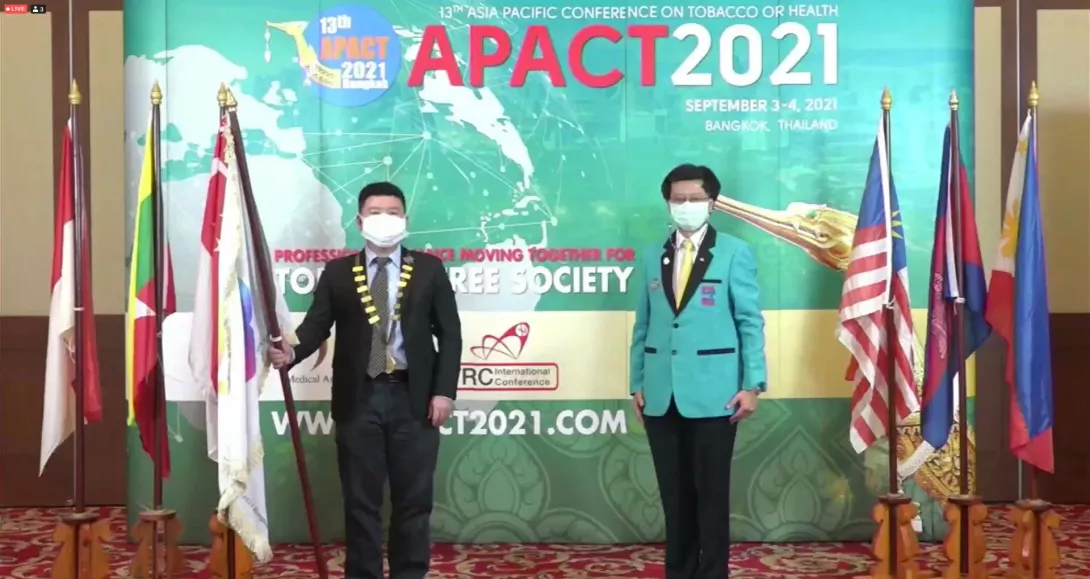
APACT主辦權順利交接給下屆主辦國馬來西亞;圖片來源:APACT會議拍攝
接著,下屆(第14屆)馬來西亞大會主席-馬來亞大學Amer Siddiq教授,簡單報告了下屆APACT研討會將於2023年9月在吉隆坡登場,他特別感謝歷屆APACT大會主辦國延續這個平台,更感謝泰國在疫情衝擊下仍克服萬難舉辦研討會,大會也圓滿成功。
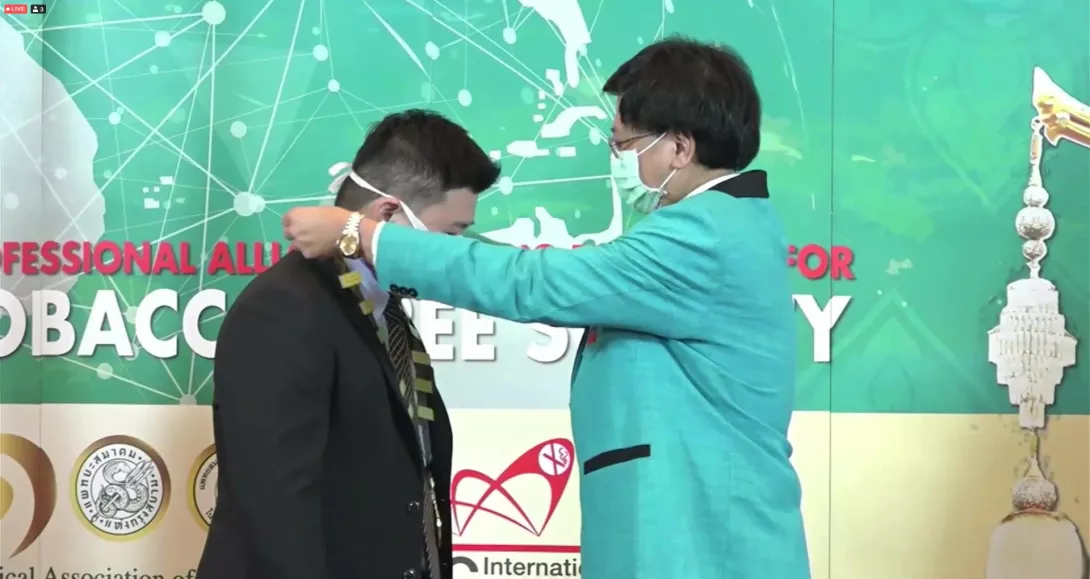
泰國大會主席Kongsakon教授(右)將APACT主辦權交接給下屆主辦國馬來西亞;圖片來源:APPACT會議拍攝
Amer Siddiq教授表示他們會更努力籌備,也希望2023年疫情退散,能夠在吉隆坡與大家面對面交流。接著Kongsakon教授將APACT主辦權交接給下屆主辦國馬來西亞。
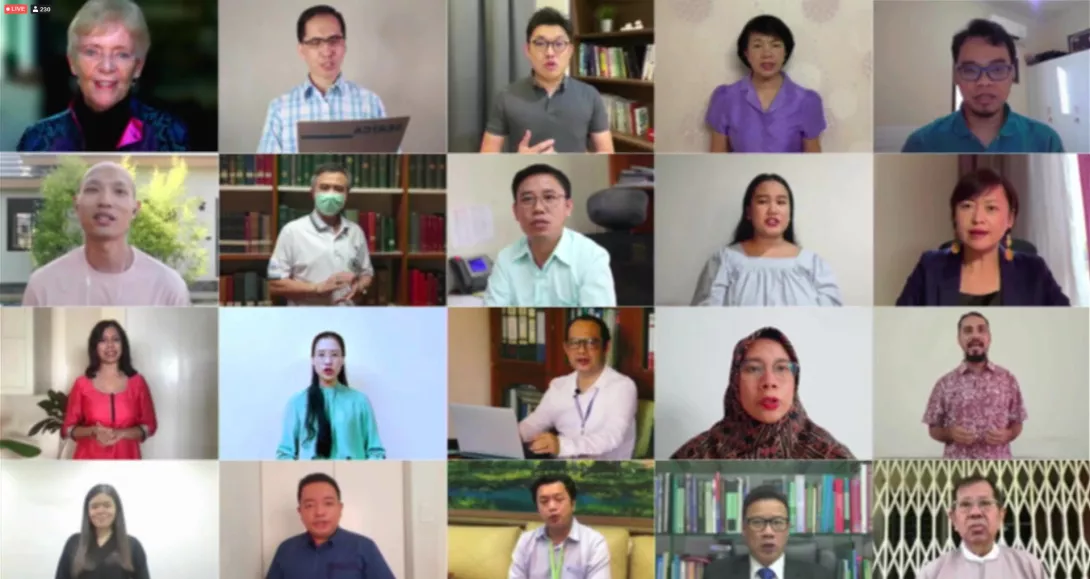
來自亞太各國的菸害防制專家學者輪流宣讀第13屆APACT宣言;圖說:APACT會議拍攝
閉幕式最後,由來自亞太各國的菸害防制專家學者輪流宣讀第13屆APACT宣言,指出脫罩吸菸、口手接觸、紙菸/電子煙霧的氣溶膠均加速病毒傳播,在全球還在努力平息疫情之際,菸草公司卻以參與疫苗開發、舉辦善盡企業社會責任(CSR)之活動,繼續推廣新型菸品。大會最後敦促各國政府必須聯手防範菸商干擾、致力全面禁止新型菸品,並繼續依循FCTC全面推動積極政策,加速終結菸害。
宣言中英文如下:
第十三屆亞太菸草或健康會議決議
二○二一年九月三日至四日 |泰國曼谷
會議主題:專業聯盟攜手並進、共創無菸社會
今年,當全球仍在COVID-19(新冠肺炎) 疫情的肆虐中持續奮鬥,第十三屆亞太菸草或健康會議 (The 13th Asia Pacific Conference on Tobacco or Health, APACT 13) 召開了。
吸菸有害健康,如今風險加劇,為全球疫情導致緊繃、解體、近乎崩壞的公共衛生系統帶來更大的壓力。吸菸時,摘下口罩、手至口的重複動作以及透過紙菸煙霧與電子煙氣霧散播的呼吸道飛沫,都會加速新冠病毒傳染,吸菸者比非吸菸者更可能罹患新冠肺炎重症並且死亡。然而,菸草產業的工作一如往常:不斷地積極推銷紙菸、電子尼古丁傳輸系統、加熱菸等,尤其針對年輕人。
菸商甚至以參與新冠肺炎疫苗開發及強力宣傳的企業社會責任(CSR)活動,謊稱自己為緩解疫情方案的成員,各國政府飽受此非民生必需產業之施壓,要求疫情期間菸品產量得以維持不減。
由於生活各個面向均受新冠肺炎波及,我們身為第13屆APACT代表鄭重宣告,當前有效的菸害防制將比以往更為關鍵,我們必須阻止菸草產業的進展,新冠肺炎疫情是我們加速終結菸草流行的另一項關鍵原因。各國政府必須降低這些致命產品的供應和需求,正如世界衛生組織《菸草控制框架公約》(Framework Convention on Tobacco Control, FCTC)中所揭示的,這是落實菸害防制最低標準的完整藍圖。
大會提出以下建議:
為阻止新冠肺炎疫情流行 :
我們敦促所有政府在十二個月內達成以下目標:
推動全國性大眾傳媒宣傳,強調紙菸、電子新型菸品和水菸使用者所面臨之新冠肺炎風險更高。
明確將所有菸品歸類為非民生必需品項。
嚴禁菸商參與和宣傳企業社會責任(CSR)的捐贈,菸草產業是疫情救援方案的威脅,而非同盟,這類活動違反《菸草控制框架公約》(FCTC)第5.3條關於保護公共衛生政策免受商業和既得利益影響,以及第13條關於廣告、宣傳和贊助的規定。
在聯合國新冠肺炎應對和重建基金的國家計劃中納入強而有力的菸害防制策略。
為加速終結菸品 :
配合今年會議主題,泰國醫學會(MAT)和泰國全國無菸聯盟(NATFT) 將尋求亞太地區專業醫療和公共衛生網路/聯盟的支援,以便在2022年一月之前發表一份承諾菸害防制的聯合聲明。
在下屆APACT會議前,至少30%的國家應根據《菸草控制框架公約》第 5.3 條準則,頒布一個整體政府行為準則,以防止菸草產業干擾政策制定。
所有國家將舉證至少三起國內菸草產業干擾的案件,並在下一屆APACT會議上報告這些案件,以及對應與反制干擾所採取行動。
我們呼籲區域內所有政府和其他政體斷絕與無煙世界基金會(Foundation for a Smoke-Free World, FSFW)的一切聯繫,FSFW由菲利普莫里斯國際公司(Philip Morris International)全額資助成立,使用以健康為誤導的無煙資訊來掩飾其真實目標,推銷電子新型菸品為傳統紙菸的替代品,並破壞菸害防制政策的制定。
我們再次呼籲政府在所有密閉工作場域、公共場所和大眾運輸中,納管所有型式菸品,包括水菸及電子新型菸品,採取、強化和維持100%落實的無菸政策。
我們呼籲政府為菸害防制確保充足、永續的財務與人力資源,並合乎菸害造成的疾病和死亡程度比例。
我們敦促《菸草控制框架公約》締約方重申2021年十一月締約方會議第九次會期對菸害防制的承諾。
為減少供應措施:
為有效控制菸品供應鏈,政府對一切與菸品製造、配送、銷售有關的商務活動需有許可證照。此外,零售商的數量和地點應予設限,以限制菸品取得。
我們敦促所有亞太國家著手規劃並實施,在未來10年內逐步廢除所有商業菸品銷售。同時,我們讚揚那些禁止使用和銷售(包括線上銷售)所有電子新型菸品的國家,並敦促所有其他國家效法。電子吸菸裝置不僅有害且易成癮,特別是年輕人正被亟需新客戶的業者鎖定。
我們敦促各國成為世界衛生組織《菸草控制框架公約》的締約方,以消滅菸品非法貿易,進而防止非法貿易破壞價格和稅收措施、健康目標和經濟。
需求削減措施:
我們敦促各國政府將菸品最低法定購買年齡提高到至少21歲,以符合尼古丁成癮和大腦發育的科學證據。
在下屆 APACT 會議前,我們敦促所有國家提高菸稅,以有效降低菸草消費能力,期能實現菸稅至少佔零售價的70%。增加菸稅來降低消費能力,達到抑制菸品使用及增加政府收入的雙重目的,並能轉用於菸害防制和(或)新冠肺炎疫情重建工作。
在下屆APACT會議前,我們敦促至少十個國家要求菸品標準化 (素面)包裝,且所有國家應要求菸品包裝警示圖文至少佔75%的面積。
我們敦促各國政府禁止薄荷菸、加味菸品的使用和銷售,因為這會助長菸草使用與尼古丁成癮。
Resolutions of the 13th Asia Pacific Conference on Tobacco or Health
3-4 September 2021 | Bangkok, Thailand
Conference theme: Professional Alliance Moving Together for a Tobacco-Free Society
This year, the 13th Asia Pacific Conference on Tobacco or Health (APACT13) takes place virtually while the world continues to struggle with the devastating effects of the COVID-19 pandemic.
Tobacco use, with its known adverse health risks, is now even more of a hazard, further straining public health systems that have already been stretched, fractured, and decimated during the pandemic. The removal of face masks, repetitive hand-to-mouth actions, and spread of respiratory droplets through tobacco smoke and e-cigarette aerosol while smoking could accelerate corona virus transmission. And smokers are more likely to become seriously ill and die from COVID-19 than non-smokers. Yet, it is business as usual for the tobacco industry; cigarettes, electronic nicotine delivery systems, and heated tobacco products continue to be aggressively promoted, including to young people.
Tobacco companies even falsely present themselves as part of the pandemic relief solution by engaging in COVID-19 vaccine development and well-publicized corporate social responsibility (CSR) activities. And governments have been pressured by this non-essential industry to allow tobacco product manufacturing to continue unabated during the pandemic.
With every aspect of life affected by COVID-19, we, the delegates of APACT13 declare that effective tobacco control is now more critical than ever. We must stop the tobacco industry in its tracks. The COVID-19 pandemic is an additional and crucial reason for us to expedite the endgame for the tobacco epidemic. Governments must reduce both the supply and the demand of these lethal products, as outlined in the World Health Organization Framework Convention on Tobacco Control (FCTC), which is the comprehensive bare-minimum blueprint for tobacco control implementation.
The Conference makes the following recommendations.
To stem the COVID-19 pandemic:
We urge all governments to achieve the following within 12 months:
Implement a nationwide mass media campaign focused on the heightened risk of COVID-19 faced by users of cigarettes, electronic smoking devices, and waterpipes.
Explicitly classify all tobacco products as non-essential items.
Prohibit tobacco companies from engaging in and publicizing corporate social responsibility (CSR) giving. The tobacco industry is a threat to, not a part of, the pandemic relief solution, and these activities violate FCTC Article 5.3 on protecting public health policies from commercial and vested interests as well as FCTC Article 13 on advertising, promotion, and sponsorship.
Include a robust tobacco control strategy in their national plans for the UN COVID-19 Response and Recovery Fund.
To accelerate the tobacco endgame:
In line with this year’s conference theme, the Medical Association of Thailand (MAT) and the National Alliance for Tobacco Free Thailand (NATFT) will seek the support of the Asia Pacific region’s professional medical and public health networks/alliances to release a joint statement of commitment to tobacco control by January 2022.
By the next APACT conference, at least 30% of countries should introduce a whole-of-government Code of Conduct to prevent tobacco industry interference in policy making, in line with FCTC Article 5.3 guidelines.
All countries will identify at least three cases of in-country tobacco industry interference, and at the next APACT conference, present these cases and actions taken to address and counter the interference.
We call on all governments and other entities in the region to sever all ties with the Foundation for a Smoke-Free World (FSFW). Fully funded by Philip Morris International, FSFW is co-opting health-focused smoke-free messages to mask its true objectives, promoting electronic smoking devices as allegedly safer alternatives to traditional cigarettes and undermining tobacco control policy making.
We renew the call for governments to adopt, strengthen, and sustain the implementation of 100% smoke-free policies in all enclosed workplaces, public places, and public transportation, covering all forms of tobacco products including waterpipes and electronic smoking devices.
We call on governments to ensure adequate and sustainable financial and human resources for tobacco control, proportionate to the magnitude of disease and deaths caused by tobacco.
We urge all FCTC Parties to reaffirm their commitment to tobacco control at the Ninth Session of the Conference of Parties (COP9) to the FCTC in November 2021.
Supply reduction measures:
To effectively control the tobacco supply chain, governments should require a license for all commercial activities related to the manufacture, distribution, and sale of tobacco products. In addition, the number and location of retailers should be limited to restrict access to tobacco products.
We urge all Asia Pacific countries to plan and implement a phase-out of all commercial tobacco sales within the next 10 years. At the same time, we commend those nations that have banned the use and sale (including online sales) of all electronic smoking devices and urge all other countries to do the same. Electronic smoking devices are harmful and addictive, and young people in particular are being targeted by an industry in need of new consumers.
We urge countries to become a Party to the WHO FCTC Protocol to Eliminate Illicit Trade in Tobacco Products to prevent illicit trade from undermining price and tax measures, health goals, and the economy.
Demand reduction measures:
We urge all governments to raise the minimum legal age of purchase for tobacco products to at least 21 years, in line with scientific evidence on nicotine addiction and brain development.
By the next APACT conference, we urge all countries to have implemented a tobacco excise tax increase that effectively reduces tobacco affordability with a view to achieving a tobacco excise burden of at least 70% of the retail price. Tax increases that reduce affordability fulfill the dual purpose of discouraging tobacco use and increasing government revenue, which could be channeled into tobacco control and/or COVID-19 pandemic recovery efforts.
By the next APACT conference, we urge at least 10 countries to require standardized (plain) packaging of tobacco products, and all countries should require at least 75% pictorial warnings on product packages.
We urge all governments to prohibit the use and sale of flavoured tobacco products, including menthol, as these promote tobacco use/uptake and nicotine addiction.
*為揭露菸商真面目,扭轉網路充斥菸商扭曲誤導的現況~由國內權威醫師組團隊開設「台灣拒菸聯盟」此專頁。

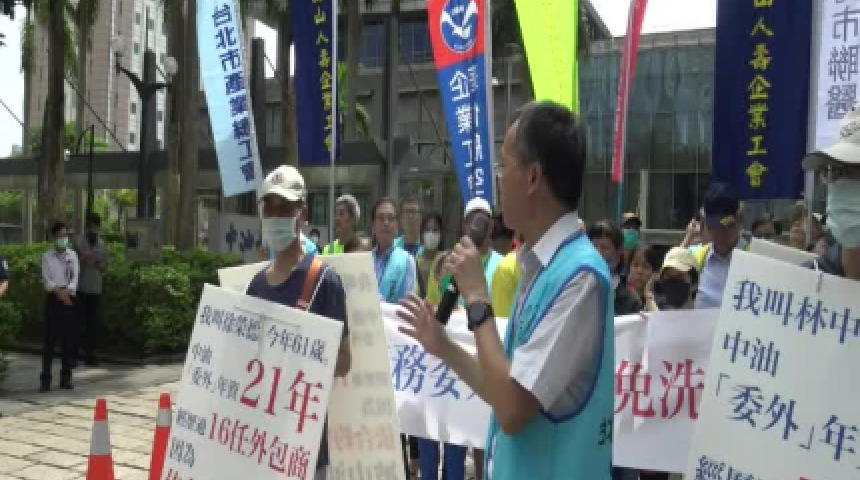

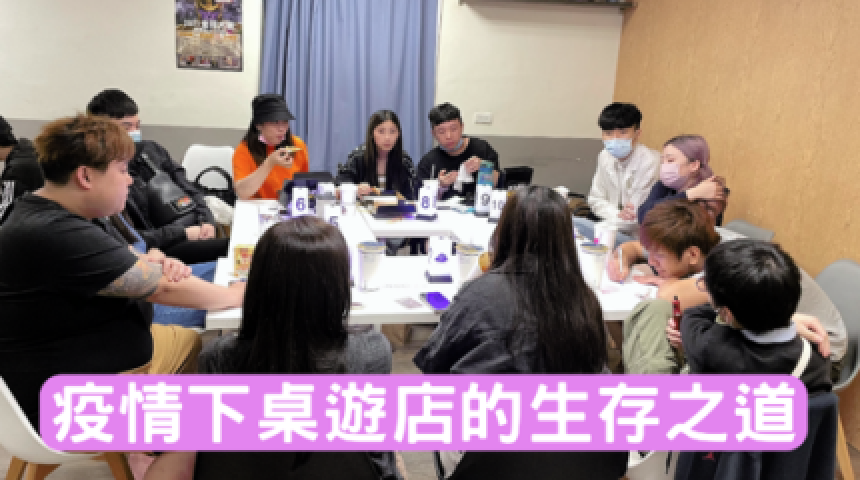
回應文章建議規則: